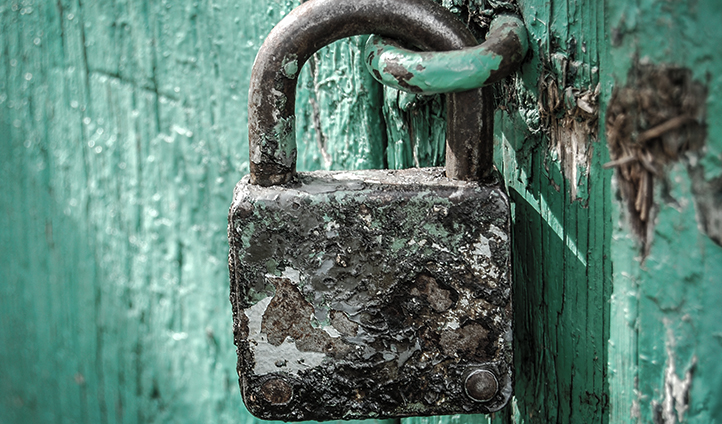Walker v Sauvinet Limits Right to Civil Jury Trial to Federal Cases
Historical
In Walker v Sauvinet, 92 U.S. 90 (1876), the U.S. Supreme Court held that the right to a jury trial guaranteed under the Seventh Amendment to the Constitution did not apply to states. The Seventh Amendment right to jury trial in civil matters has still never been applied to the states via the doctrine of incorporation.
Facts of Walker v Sauvinet
Sauvinet filed suit against Walker, a licensed keeper of a coffee house in New Orleans, for refusing him refreshments based on the fact that he was black. Under Article 13 of the Constitution of Louisiana, licensed public establishments were prohibited from discriminating on the basis of race or color. The state subsequently passed a state law authorizing aggrieved individuals to pursue damages for violations of Article 13.
Walker denied all the allegations and sought a trial by jury. On appeal, the central issue became whether Walker was entitled to a trial by jury. The Seventh Amendment provides:
In Suits at Common Law, where the value in controversy shall exceed twenty dollars, the right of trial by jury shall be preserved, and no fact tried by a jury, shall be otherwise reexamined in any Court of the United States than according to the rules of the Common Law.
The Court’s Decision in Walker v Sauvinet
The Court held that the Seventh Amendment did not apply to the states under the Due Process clause of the Fourteenth Amendment. Chief Justice Morrison Waite delivered the opinion of the Court:
“While the Court acknowledges that the states were not exempt from guaranteeing due process on the Fourteenth Amendment, it concluded that “this did not necessarily imply that all trials in the State courts affecting property of the person must be by jury.”
In reaching its decision, the Court further concluded that the phrase, “Courts of the United States,” referred only to the country’s federal courts. Accordingly, “a trial by jury in suits at common law pending in the state courts is not a privilege or immunity of national citizenship which the states are forbidden by the Fourteenth Amendment of the Constitution of the United States to abridge.”
As Chief Justice Waite further explained:
Due process of law is process due according to the law of the land. This process in the States is regulated by the law of the State. Our power over that law is only to determine whether it is in conflict with the supreme law of the land, that is to say, with the Constitution and laws of the United States made in pursuance thereof, or with any treaty made under the authority of the United States. Art. 6 Const. Here the State court has decided that the proceeding below was in accordance with the law of the State; and we do not find that to be contrary to the Constitution, or any law or treaty of the United States.
Previous Articles
SCOTUS Rules State Can’t Immunize Parties from Federal Civil Liability
by DONALD SCARINCI on January 29, 2026
In John Doe v. Dynamic Physical Therapy, LLC, 607 U.S. ____ (2025) the U.S. Supreme Court held that...
Supreme Court to Address Racial Discrimination in Jury Selection
by DONALD SCARINCI onWhile the U.S. Supreme Court has concluded oral arguments for the year, it continues to add cases t...
Supreme Court Halts Deployment of National Guard to Chicago
by DONALD SCARINCI on
In Trump v. Illinois, 607 U.S. ____ (2025), the U.S. Supreme Court refused to stay a district court...
The Amendments
-
Amendment1
- Establishment ClauseFree Exercise Clause
- Freedom of Speech
- Freedoms of Press
- Freedom of Assembly, and Petitition
-
Amendment2
- The Right to Bear Arms
-
Amendment4
- Unreasonable Searches and Seizures
-
Amendment5
- Due Process
- Eminent Domain
- Rights of Criminal Defendants
Preamble to the Bill of Rights
Congress of the United States begun and held at the City of New-York, on Wednesday the fourth of March, one thousand seven hundred and eighty nine.
THE Conventions of a number of the States, having at the time of their adopting the Constitution, expressed a desire, in order to prevent misconstruction or abuse of its powers, that further declaratory and restrictive clauses should be added: And as extending the ground of public confidence in the Government, will best ensure the beneficent ends of its institution.





